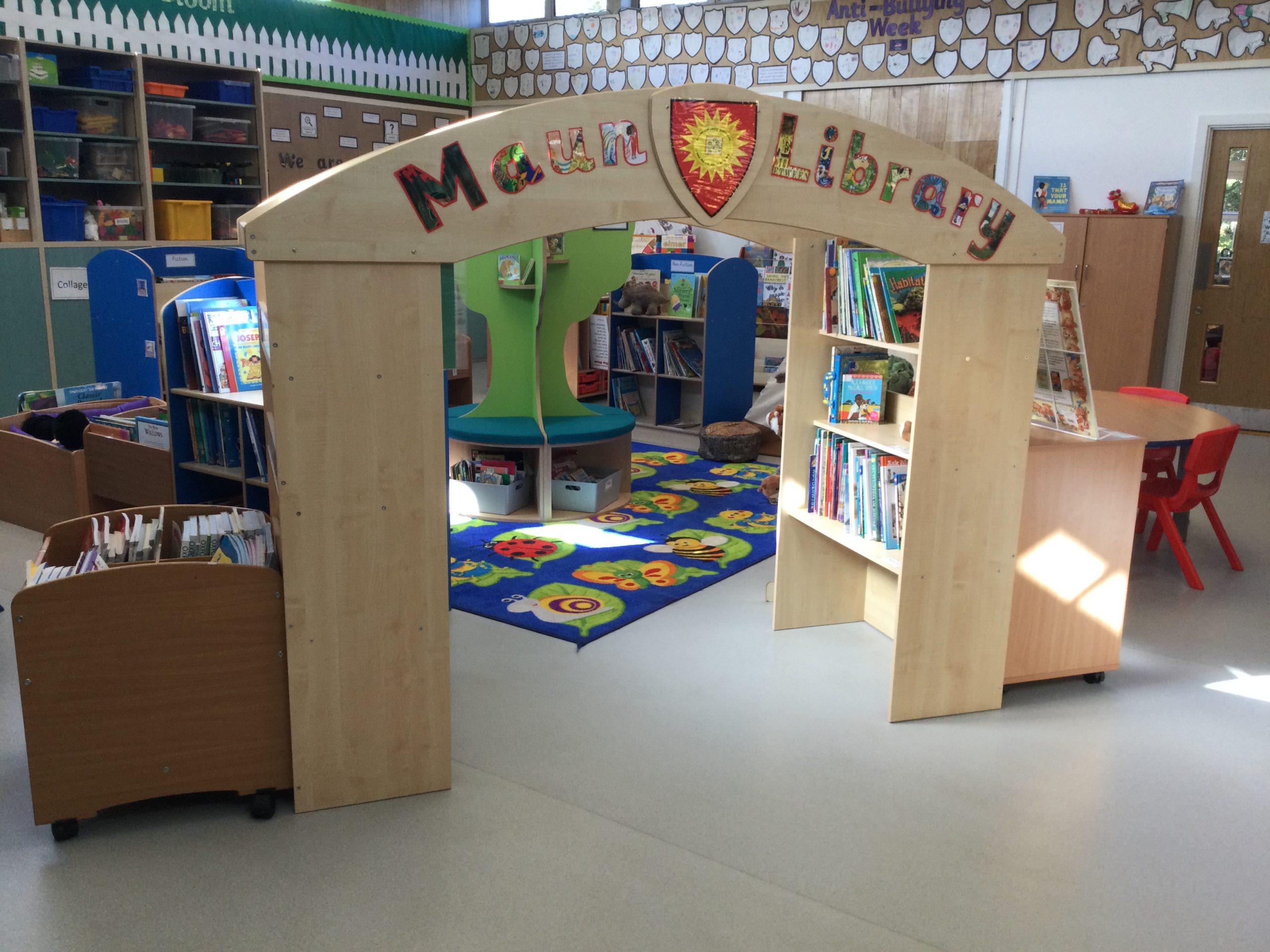Reading

How We Teach Reading & Spoken Language
Our children are taught reading and comprehension in ability sets. Any child who has achieved year group expectations in class is then given the opportunity to work on these objectives in greater depth.
The Forge Trust approach to reading is taught through whole class reading sessions.
Lesson Plans
- In reading lessons, children study a different text extract each week. This might be taken from a high quality novel, a poem or it could also be from a wide range of other sources.
- Children will use reading skills from the domains below to study the text and answer a variety of questions.
-
2a Give / explain the meaning of words in context
-
2b Retrieve and record information / identify key details from fiction and non-fiction
-
2c Summarise main ideas from more than one paragraph
-
2d Make inferences from the text / explain and justify inferences with evidence from the text
-
2e Predict what might happen from details stated and implied
-
2f Identify / explain how information / narrative content is related and contributes to meaning as a whole
-
2g Identify / explain how meaning is enhanced through choice of words and phrases
-
2h Make comparisons within the text
Content Domain Reference
Lessons will be broken into – shared/choral reading to build fluency, discussion about author intent, defining new vocabulary and learning how to answer question types. Our children benefit from a structured reading session on a daily basis.
- Stage 1 – Children focus on new vocabulary.
- Stage 2 – Children focus on a specific question type eg. inference.
- Stage 3 – Children focus on applying skills to new piece of text.
- Stage 4 – Children review the text and check their understanding.
- Every other half term, the class will have the opportunity to study a full novel, discussing plot points and characters along the way. Children will complete a variety of activities about this book.
- Children will be provided with their own copy of the novel to use during the lessons.
Spoken Language
As the National Curriculum states, ‘Spoken Language underpins the development of reading and writing’, therefore it is deeply embedded in how we teach at Maun Infants. Children are challenged through the quality of questioning across all subject areas. There is a strong emphasis on children being able to ‘elaborate and explain’, ‘reason and convince’ so that they use a rich variety of words.
Cross Curricular Reading & Spoken Language
Reading skills are used in other areas of the curriculum at Maun Infants. Applying in this way encourages learning at greater depth. For example, during science and geography topics, children are required to research key topics and explain their findings. In P.E. we encourage children to discuss the importance of regular exercise and a healthy diet, much of our work in D.T. incorporates being able to read and explain. During theme weeks such as, ‘Enterprise Week’ children speak with local businesses, negotiating deals and making sales pitches. Our annual productions and assemblies also provide the children with lots of opportunities to use spoken language.
Teaching Methods
Our aim in all of the reading and spoken language we teach in the academy are to: improve fluency (speed and accuracy), encourage reasoning (through elaborating and explaining) and to be confident and competent in spoken language and reading skills.
We teach by firstly allowing children access to a wealth of quality texts and giving them opportunities to read for pleasure. Resources are provided in each classroom to facilitate a love for books and children are encouraged to read and discuss books at home. Children are rewarded if they read at home with a reading raffle and there is a trophy for the class which read the most at home for pleasure. Classrooms now all contain a mini library where the children can choose their books.

Differentiation, SEN, & More Able
Differentiation can be seen in all reading sessions, through our ‘Steps to Success’. Children are not moved on to new content until they are secure in what they are learning. The ‘Steps to Success’ are a means to achieving age related expectations, with a starred step which allows for children to apply in a different way.
Our children are taught in reading sets matched to their ability. Interventions are provided for children during school time delivered by our Reading Champion. daily 1:1 phonics intervention is used to support identified children who need additional phonics support.
In the classroom, teachers will target specific groups identified in termly pupil progress meetings. The aim is to ensure at least good progress is made by all children. Additional intervention is provided in year 6 in their lead up to their End of Key Stage 2 assessments. All staff provide 1:2 reading sessions for identified pupils in year 6.
Maintaining Standards
Our academy monitoring schedule is designed to ensure standards are maintained across academies. Formal and informal monitoring (lesson visits/TMVs) incorporate book and planning scrutinises, pupil voice and quality assurance visits.
English subject leaders from all academies meet half-termly to share good practice, develop new initiatives and shape future developments across The Trust. Books are standardised across academies. Children’s achievements against national curriculum objectives are tracked across all academies on, Age Related Expectation Grids.
Reading and spoken language at Maun Infants is constantly evolving, as we face the challenges of new assessment procedures, national tests and the new curriculum. We will continue to work as part of the Forge Trust.
Marking & Feedback
The expectation is that marking and feedback moves learning on. This will provide next steps for the children, or provide consolidation/questioning asking them to address misconceptions based on the day’s work. Children also receive ongoing verbal feedback during guided group work.